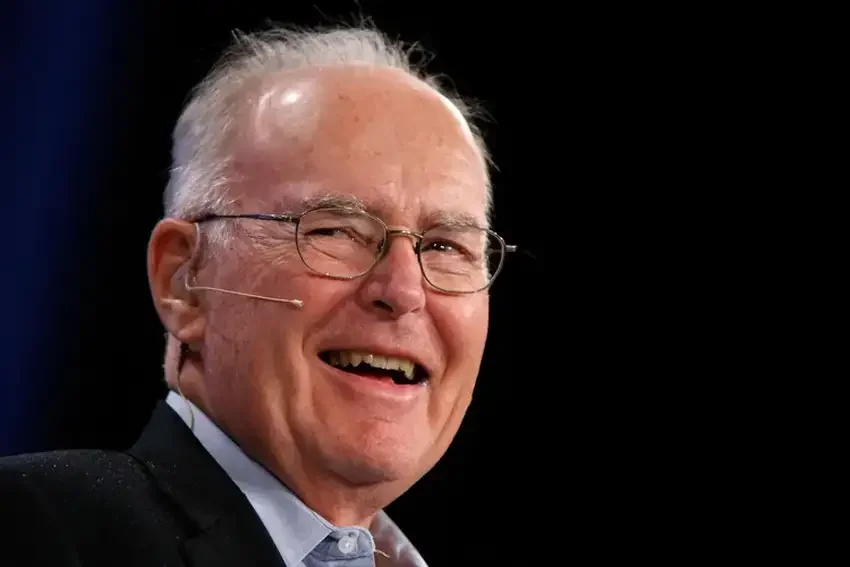Gordon Moore, one of the co-founders of Intel and with an incredible history in Silicon Valley, died today in age 94 years old, according to press release of the company.

He was part of the "eight traitors» who founded Fairchild Semiconductor in 1956, which became an incubator for many other Silicon Valley companies, including AMD.
Gordon Moore (Gordon Moore) and Robert Noyce (Robert Noyce), who was also a member of the eight, founded Intel in 1968, with the original name Integrated Electronics. He became the company's president and CEO in 1979 and served as CEO for eight years.
While Moore obviously played a huge role in the development of the technology found in modern computing devices, many people may have heard his name from “Moore's law,” who predicted in 1965 that processors would double in transistor count every year. A decade later, that estimate changed to a doubling every two years. While this may no longer be the case, the concept held true for a surprisingly long time.
According to Intel, Moore's recent pursuits have been philanthropic, working with his wife on problems related to "environmental conservation, scientific research, higher education, and more generally region of San Francisco Bay," according to statement of the founders in σελίδα of the "Gordon and Betty Moore foundation".
Last year, Intel to its credit, she named her new one facility in Oregon “Gordon Moore Park” and opened on April 11, 2022.





